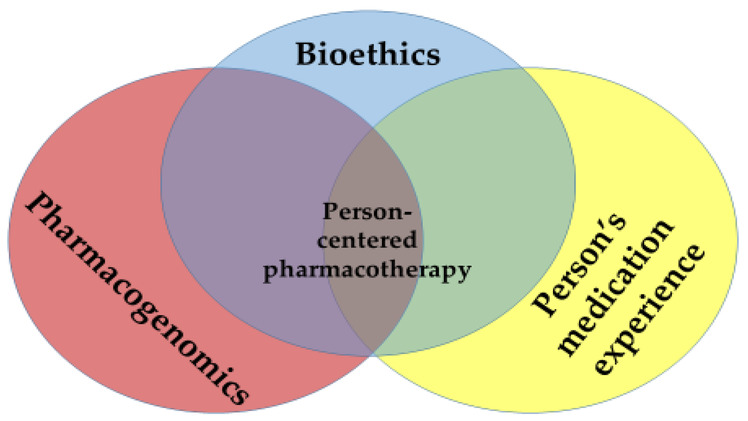Introduction
Pharmacogenomic research is a rapidly evolving field within medicine that focuses on understanding how an individual’s genetic makeup influences their response to drugs. The purpose of this research is to tailor medical treatments to an individual’s unique genetic profile, enabling personalized and optimized healthcare. In this article, we will delve into the multifaceted purpose of pharmacogenomic research, emphasizing its potential to revolutionize healthcare by maximizing drug efficacy, minimizing adverse effects, and ultimately advancing the concept of personalized medicine.
Maximizing Drug Efficacy
Pharmacogenomic research aims to identify genetic variations that influence how individuals respond to specific medications. Understanding these variations allows for the optimization of drug selection and dosages, maximizing treatment efficacy. For example, genetic profiling can reveal whether a patient metabolizes a drug quickly or slowly, enabling physicians to adjust dosages accordingly for the most effective treatment.
The significance of maximizing drug efficacy is immense, as it directly impacts treatment outcomes and patient well-being. Tailoring drug choices based on an individual’s genetic makeup ensures that the right drug is administered at the right dose, optimizing the therapeutic effect and potentially accelerating recovery.
Minimizing Adverse Effects
Pharmacogenomic research plays a crucial role in identifying genetic markers associated with an increased risk of adverse drug reactions. By understanding these genetic predispositions, healthcare professionals can avoid prescribing medications that may cause harm to certain individuals. This approach significantly contributes to patient safety and reduces healthcare costs associated with managing adverse effects.
For instance, some individuals carry genetic variants that increase their susceptibility to severe allergic reactions from certain medications. Knowledge of such genetic factors allows physicians to select alternative drugs or adjust dosages to minimize the risk of adverse reactions, ultimately enhancing the overall safety of drug administration.
Optimizing Drug Development
Pharmacogenomic research informs drug development by identifying genetic targets and understanding the genetic mechanisms behind drug efficacy and safety. Pharmaceutical companies utilize this information to design drugs that are more effective and have fewer side effects, speeding up the drug development process and reducing costs. This, in turn, also benefits the companies’ pharmaceutical business development.
By incorporating pharmacogenomic data into clinical trials, researchers can better understand drug responses in different populations and subgroups. This approach ensures that new medications are tailored to specific genetic profiles, potentially leading to higher success rates in clinical trials and better outcomes for patients.
Advancing Personalized Medicine
The ultimate goal of pharmacogenomic research is to advance the concept of personalized medicine. Personalized medicine tailors medical treatments to an individual’s unique genetic makeup, lifestyle, and environmental factors. Pharmacogenomics plays a vital role in achieving this goal by providing the necessary data and insights to customize treatment plans for each patient.
Through personalized medicine, physicians can create treatment regimens that consider a patient’s genetic predispositions, ensuring a more precise and effective approach to healthcare. This can lead to improved patient satisfaction, better treatment adherence, and ultimately, enhanced health outcomes.
Conclusion
Pharmacogenomic research serves a multifaceted purpose, aiming to maximize drug efficacy, minimize adverse effects, optimize drug development, and advance the concept of personalized medicine. By understanding how an individual’s genetic makeup influences their response to drugs, healthcare professionals can make informed decisions that lead to more effective and safer treatments. As pharmacogenomics continues to evolve, its potential to revolutionize healthcare by tailoring medical interventions to an individual’s unique genetic profile becomes increasingly evident, promising a future of improved healthcare outcomes and patient well-being.

